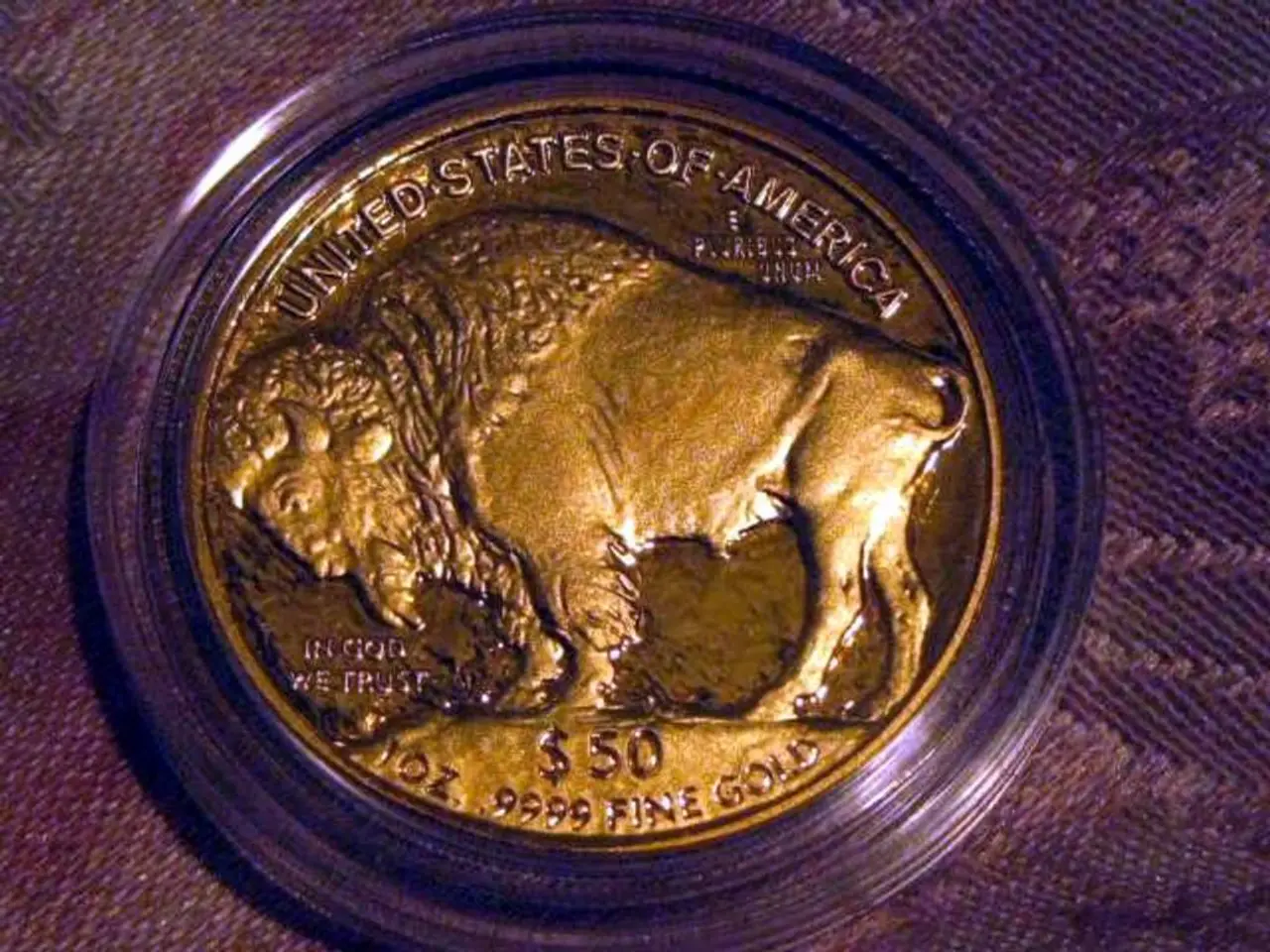Stock Prices of Rare Earth Companies in the U.S. Dropped Today
In a significant development, shares of USA Rare Earth (USAR) plummeted by 13% through 1:30 p.m. ET on Friday, following the announcement of the U.S.-China trade deal. The decline in USAR’s stock price can be attributed to the potential impact of the trade deal on the export of rare earth magnets, a key component of USA Rare Earth's business.
The trade deal, which may signal China's resumption of exporting rare earth elements, has diminished investor confidence in USAR. The company, which is yet to generate significant revenue or profit, is heavily dependent on China's policies as it currently ships raw materials to China for processing.
USA Rare Earth is attempting to enter the rare earth business by mining, processing, and supplying rare earths from a mine in Sierra Blanca, Texas. However, the company's flagship magnet facility in Oklahoma is still years from commercial production. This, coupled with increasing operating losses, highlights the company's financial vulnerability.
Moreover, the trade deal eases geopolitical tensions between the U.S. and China, reducing the urgency for U.S. policymakers to prioritize domestic supply chains. This undermines USAR’s long-term business case, as the company's valuation depends heavily on geopolitical risk and trade conflicts with China.
In contrast, established rare earth producers like Australia’s Lynas Rare Earths (LYC.AX) have shown strong performance, supported by existing revenue streams and geopolitical tailwinds. This has led investors to favor these companies over speculative ones like USAR, especially as the narrative shifts from scarcity to normalized supply.
In summary, the U.S.-China trade deal reduces the risk premium on USA Rare Earth, increases the likelihood of steady Chinese export supply, exposes USAR’s lack of revenue and refining capacity, and shifts investor preference to more established producers. As such, USA Rare Earth stock is currently considered a sell due to its speculative nature.
[1] USA Rare Earth's net profit over the past year is $40 million, but it comes from "gain on fair market value of financial instruments". [2] The decrease in USA Rare Earth's stock price occurred after President Trump announced a trade deal with China. [3] USA Rare Earth does not mine any rare earths itself yet. China controls about 85% of the global rare earth processing capacity and supplies 90% of the U.S. refining needs.
- USA Rare Earth's financial vulnerability is further highlighted by the fact that its reported profit over the past year is derived from "gain on fair market value of financial instruments," suggesting questionable reliance on financial markets rather than actual business operations.
- The recent decline in USAR’s stock price, occurring after President Trump announced a trade deal with China, suggests that personal-finance decisions in the market are heavily influenced by geopolitical developments.
- Given that USA Rare Earth does not mine any rare earths itself yet and China controls about 85% of the global rare earth processing capacity, as well as supplying 90% of the U.S. refining needs, the company's business model appears heavily dependent on international relations and stakeholder partnerships for domestic growth.




